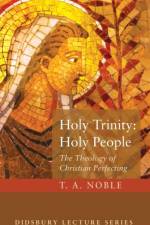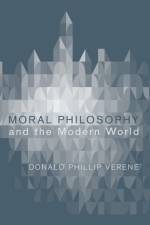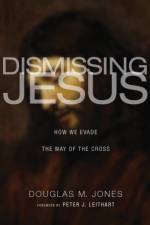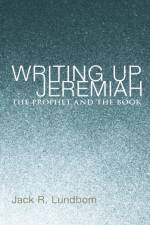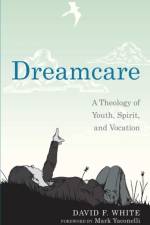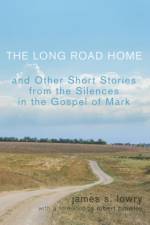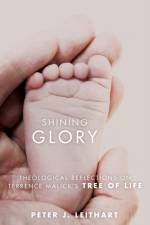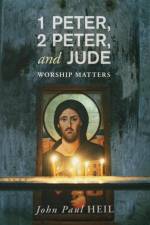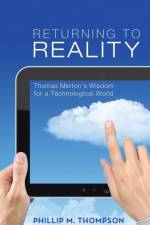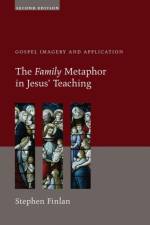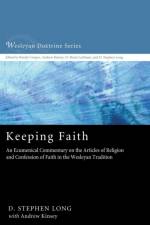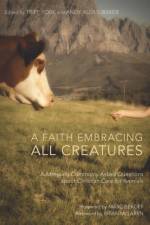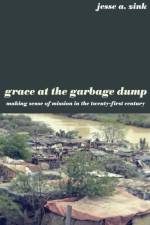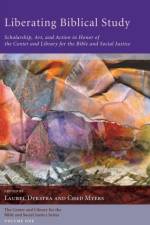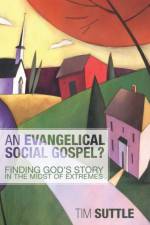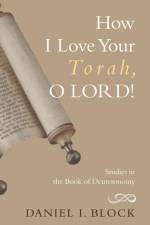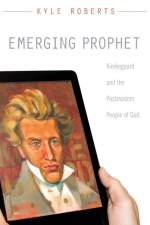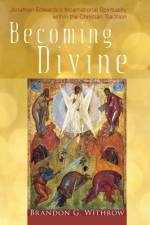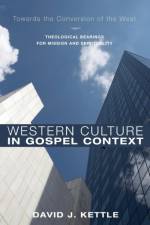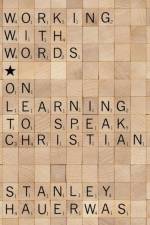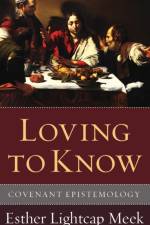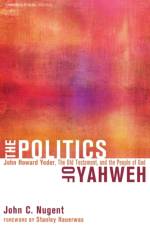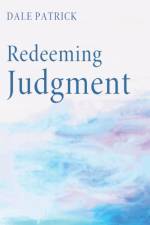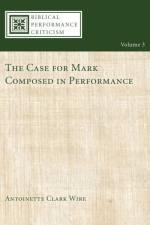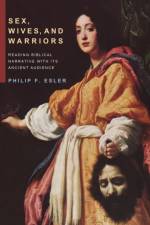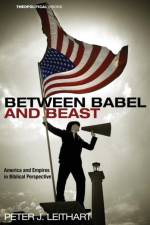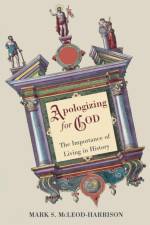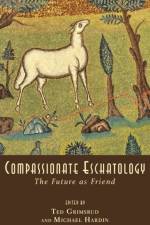av Kyle Roberts
509
Kierkegaard was a prophet who critiqued ""Christendom,"" the perversion of authentic, New Testament Christianity into the institutionalized, materialistic, triumphalist, and flabby religion of modernism. Emergent Christianity is attempting to carve out a more authentic way of being Christian and doing church within--and beyond--the ineffectual, institutionalized church of modernity. In many ways, Kierkegaard''s critiques, concerns, and goals overlap with emergent Christianity and the emerging church. For the first time, this book brings Kierkegaard into a dialogue with various postmodern forms of Christianity, on topics like revelation and the Bible, the atonement and moralism, and the church as an ""apologetic of witness."" In conversation with postmodern philosophers, contemporary theologians, and emergent leaders, Kierkegaard is offered as a prophetic voice for those who are carving out an alternative expression of the New Testament today and attempting to follow Christ through works of love.""Following Kierkegaard, Roberts encourages and displays a healthy rhythm of critical distance and active engagement--funding both the critique of the idols of modernism, moralism, and Christendom, and the creative retrieval of a proper understanding of the revelation of God in Scripture and our imaginative, hermeneutical engagement with it.""--Christopher Ben Simpson, author of The Truth is the Way: Kierkegaard''s Theologia Viatorum""To ''emergent'' Christians experimenting with faith apart from the benefits of established Christianity, Roberts introduces Kierkegaard as an invaluable resource. To those of us who have wrestled with Kierkegaard, Roberts introduces a growing group of creative, faithful Christians who wrestle with radical discipleship. Whether they are scholars, students, or seekers, this book is for all who wonder and worry about the shape of Christian faith and church today.""--Jason A. Mahn, author of Fortunate Fallibility: Kierkegaard and the Power of Sin""As emergent Christianity has gained more traction in the church, serious scholars have been paying attention and adding to the conversation. Rarely has a book been published in this vein about which I am as excited as I am about Emerging Prophet. To put the emerging church movement into conversation with Kierkegaard is, I think, a stroke of genius--it''s a match made in heaven.""--Tony Jones, author of The Church Is Flat: The Relational Ecclesiology of the Emerging Church Movement""In this compelling and well-written volume, Roberts brings the postmodern commitments of the emerging church into fruitful conversation with Kierkegaard. In so doing he makes a powerful case that emergence Christianity is generally consistent with Kierkegaard''s vision of a Christian alternative to Christendom. This is one of the best books yet on the potential significance of the emerging church movement for the future of Christianity in the West.""--John R. Franke, author of Manifold Witness: The Plurality of Truth""At a time when the church is in the midst of transition, Roberts calls out the passionate, ironic, scathing, beautiful voice of Kierkegaard to help us imagine faithful ecclesiological alternatives. It''s a brilliant move--hopeful, generative, insightful, and instructive.""--Debbie Blue, author of From Stone to Living Word: Letting the Bible Live AgainKyle A. Roberts (PhD) is Associate Professor of Systematic Theology and Lead Faculty for Christian Thought at Bethel Seminary, St. Paul, Minnesota.

